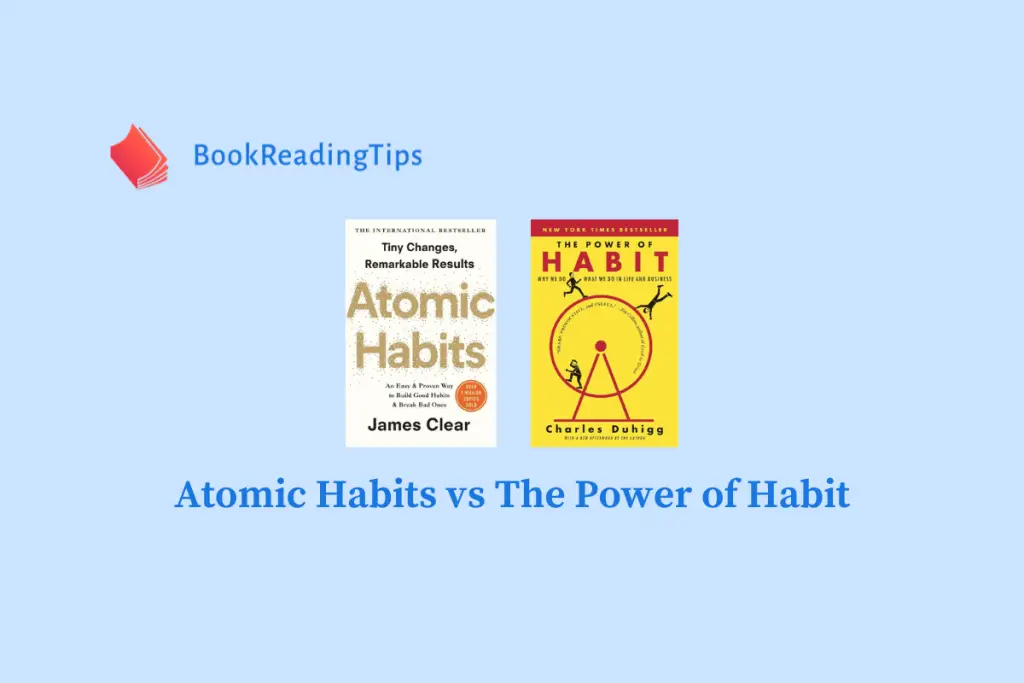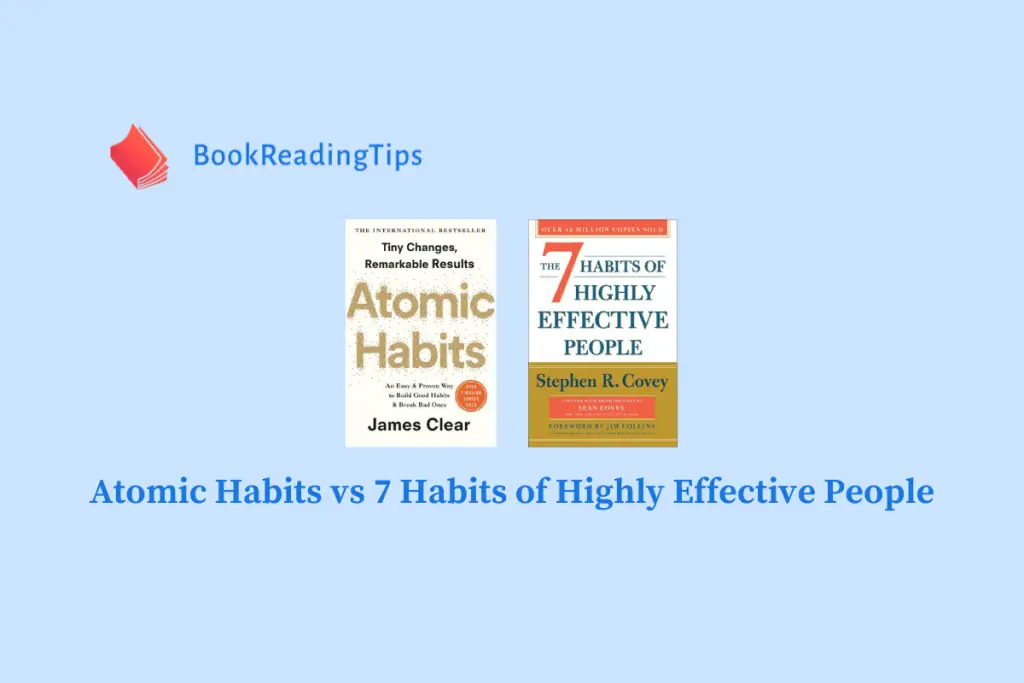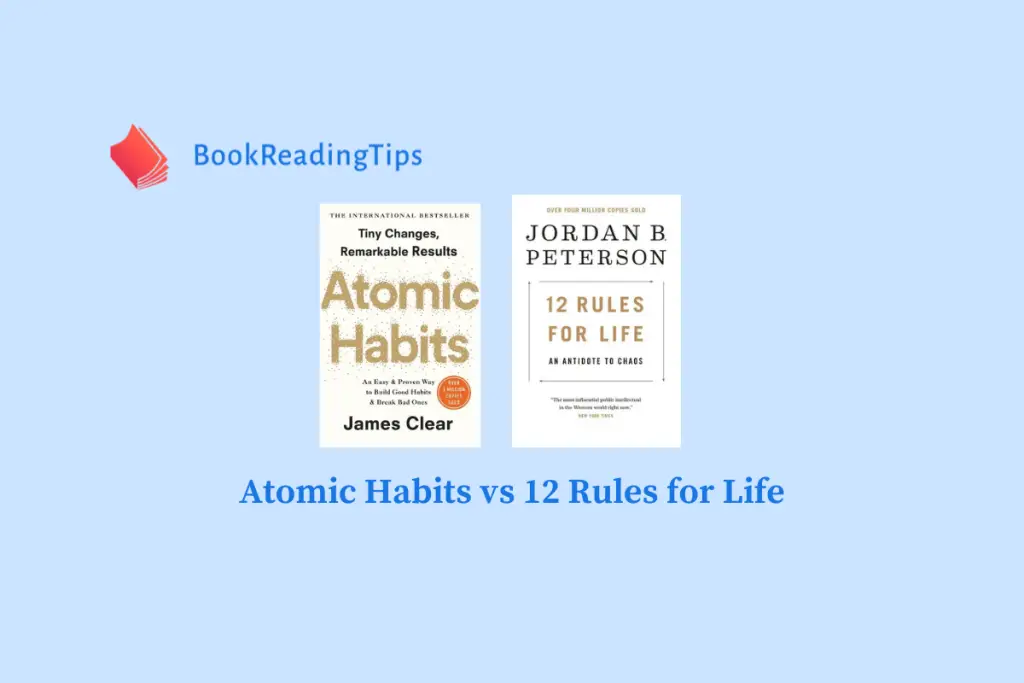Have you ever found yourself struggling to break bad habits or live in the present moment? If so, you may have come across two popular self-help books that address these issues: Atomic Habits and The Power of Now. Atomic Habits, written by James Clear, focuses on the power of small changes and habits in transforming your life for the better. On the other hand, The Power of Now, written by Eckhart Tolle, delves into the importance of living in the present moment to find peace and happiness.
Atomic Habits provides practical strategies and techniques for building good habits and breaking bad ones, making it a great read for those looking to make positive changes in their lives. On the other hand, The Power of Now emphasizes the importance of mindfulness and being present in the moment, making it a must-read for those seeking inner peace and spiritual enlightenment.
Both Atomic Habits and The Power of Now are essential reads for anyone looking to improve themselves and live a more fulfilling life. In the following article, I will discuss the key concepts and takeaways from each book in more detail, exploring how they can be applied to your own life for lasting change and growth. So, whether you’re looking to break bad habits or find peace in the present moment, these books have something valuable to offer.
Table of Contents
- Core Principles of Atomic Habits
- Core Principles of The Power of Now
- Similarities & Differences Between Both Books
- FAQs
- 1. What is the main focus of “Atomic Habits”?
- 2. How does “The Power of Now” differ from “Atomic Habits”?
- 3. How do the authors approach personal growth and self-improvement differently?
- 4. Which book is more practical in terms of implementing changes in daily life?
- 5. How do the books address the concept of time and its impact on personal growth?
- 6. Which book would be more beneficial for someone looking to make positive changes in their life?
- Conclusion
Core Principles of Atomic Habits
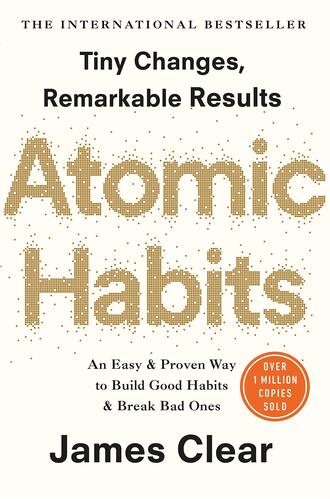
i. Importance of Small Habits
One of the key principles of “Atomic Habits” is the emphasis on the importance of small habits. Author James Clear argues that it is the small, consistent actions we take every day that ultimately lead to significant changes in our lives. By focusing on making small improvements each day, we can gradually build positive habits that will have a lasting impact on our overall well-being.
ii. Habit Stacking
Another core principle of “Atomic Habits” is the concept of habit stacking. This involves linking new habits to existing ones in order to make them easier to adopt. By attaching a new habit to a routine that we already have in place, we can increase the likelihood of sticking to it over the long term. This strategy can help us build a strong foundation of positive habits that will support our goals and aspirations.
iii. The Power of Identity
Clear also emphasizes the power of identity in shaping our habits. He argues that our habits are ultimately a reflection of the beliefs we hold about ourselves. By changing our self-image and identifying as someone who embodies the habits we want to cultivate, we can make it easier to adopt and maintain those behaviors. This shift in mindset can be a powerful tool for creating lasting change in our lives.
Core Principles of The Power of Now
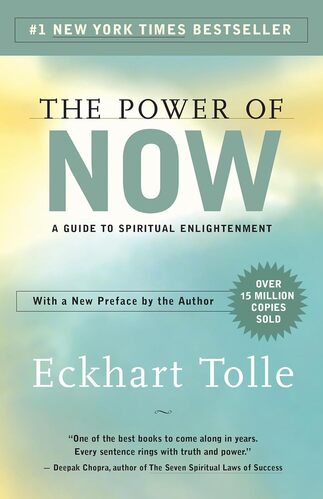
i. Living in the Present Moment
One of the central principles of “The Power of Now” is the importance of living in the present moment. Author Eckhart Tolle argues that true happiness and fulfillment can only be found by focusing on the here and now, rather than dwelling on the past or worrying about the future. By cultivating mindfulness and awareness of the present moment, we can experience a deeper sense of peace and contentment in our lives.
ii. Letting Go of Ego
Tolle also explores the concept of ego and its role in shaping our perceptions of reality. He suggests that by letting go of our attachment to the ego and identifying with our true essence, we can transcend the limitations of our own self-imposed boundaries. This shift in perspective can lead to a greater sense of freedom and liberation from the constraints of the mind.
iii. Embracing Acceptance
Another core principle of “The Power of Now” is the idea of embracing acceptance and surrendering to what is. Tolle encourages readers to let go of resistance to the present moment and accept things as they are, without judgment or attachment. By practicing acceptance, we can cultivate a sense of inner peace and harmony that transcends the challenges and difficulties we may face in life.
Similarities & Differences Between Both Books
When comparing “Atomic Habits” and “The Power of Now,” I believe there are some striking similarities between the two books that are worth exploring.
Similarities
Focus on Personal Growth: Both books emphasize the importance of personal growth and self-improvement. “Atomic Habits” delves into the power of small changes and habits to transform one’s life, while “The Power of Now” highlights the significance of living in the present moment to achieve inner peace and fulfillment.
Mindset Shift: In both books, there is a common theme of shifting one’s mindset to achieve desired outcomes. “Atomic Habits” discusses the importance of changing one’s habits and behaviors to reach goals, while “The Power of Now” emphasizes the need to let go of past regrets and future anxieties to fully experience the present moment.
Practical Strategies: Both books offer practical strategies and techniques for personal growth and self-improvement. “Atomic Habits” provides a clear roadmap for building good habits and breaking bad ones, while “The Power of Now” offers mindfulness exercises and meditations to help readers stay present and centered.
Differences
Despite the similarities between “Atomic Habits” and “The Power of Now,” there are also notable differences that set them apart from each other.
Approach: One major difference between the two books is their approach to personal growth. “Atomic Habits” takes a more systematic and structured approach, focusing on the science behind habit formation, while “The Power of Now” takes a more spiritual and philosophical approach, emphasizing the importance of consciousness and presence.
Time Frame: Another key difference is the time frame in which the books operate. “Atomic Habits” is more focused on long-term behavior change and sustained growth over time, while “The Power of Now” emphasizes the immediate benefits of living in the present moment and finding peace in the now.
FAQs
1. What is the main focus of “Atomic Habits”?
“Atomic Habits” by James Clear focuses on the concept of building small habits to create big changes in our lives. It emphasizes the importance of consistency and making small changes to achieve long-term success.
2. How does “The Power of Now” differ from “Atomic Habits”?
“The Power of Now” by Eckhart Tolle focuses on the power of living in the present moment and letting go of past regrets and future anxieties. It emphasizes mindfulness and being fully present in each moment.
3. How do the authors approach personal growth and self-improvement differently?
James Clear in “Atomic Habits” focuses on the importance of creating positive habits and routines to achieve personal growth, while Eckhart Tolle in “The Power of Now” emphasizes the importance of mindfulness and being present to achieve self-improvement.
4. Which book is more practical in terms of implementing changes in daily life?
“Atomic Habits” is more practical in terms of implementing changes in daily life, as it provides actionable steps and strategies for building and maintaining habits. “The Power of Now” focuses more on mindset shifts and being present in the moment.
5. How do the books address the concept of time and its impact on personal growth?
“Atomic Habits” emphasizes the importance of small, consistent actions over time to achieve personal growth, while “The Power of Now” highlights the significance of living in the present moment and letting go of past and future concerns.
6. Which book would be more beneficial for someone looking to make positive changes in their life?
For someone looking to make positive changes in their life, “Atomic Habits” would be more beneficial as it offers practical strategies for building habits and achieving long-term success. “The Power of Now” is more focused on mindfulness and being present in the moment.
Conclusion
In comparing “Atomic Habits” by James Clear and “The Power of Now” by Eckhart Tolle, it is clear that both books offer valuable insights into personal growth and self-improvement.
“Atomic Habits” focuses on the idea that small, consistent changes in behavior can lead to significant improvements over time. Clear emphasizes the importance of creating systems and habits that support our goals, rather than relying on willpower alone. By mastering the art of habit formation, readers can make lasting changes in their lives.
On the other hand, “The Power of Now” encourages readers to live in the present moment and let go of past regrets and future anxieties. Tolle teaches the importance of mindfulness and being fully present in every aspect of life. By cultivating a sense of awareness and acceptance, readers can find peace and fulfillment in the present moment.
While the core principles of these books may seem different, they both ultimately aim to help readers live more intentional and fulfilling lives. “Atomic Habits” is best suited for individuals looking to make practical changes in their habits and routines, while “The Power of Now” is ideal for those seeking spiritual enlightenment and inner peace.
Overall, both books offer valuable lessons and insights that can benefit readers in various aspects of their lives. Whether you are looking to improve your habits or find inner peace, “Atomic Habits” and “The Power of Now” are both worth exploring.

